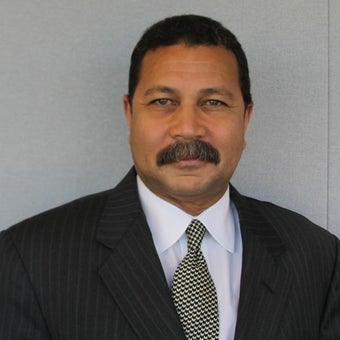KJP says diversity is key in selecting Fed Vice Chair
White House Press Secretary Karine Jean-Pierre said President Biden will prioritize diversity when selecting a new Fed Vice Chair.
Liberal leaders never miss an opportunity to declare their commitment to diversity.
From college admissions to collective bargaining and beyond, the mantra for most Democrats has been the more diversity the better.
But that only goes so far.
When the opportunity arose for the Democratic-led FCC to approve a merger of what would become the largest minority-owned local television group, it has failed tragically.
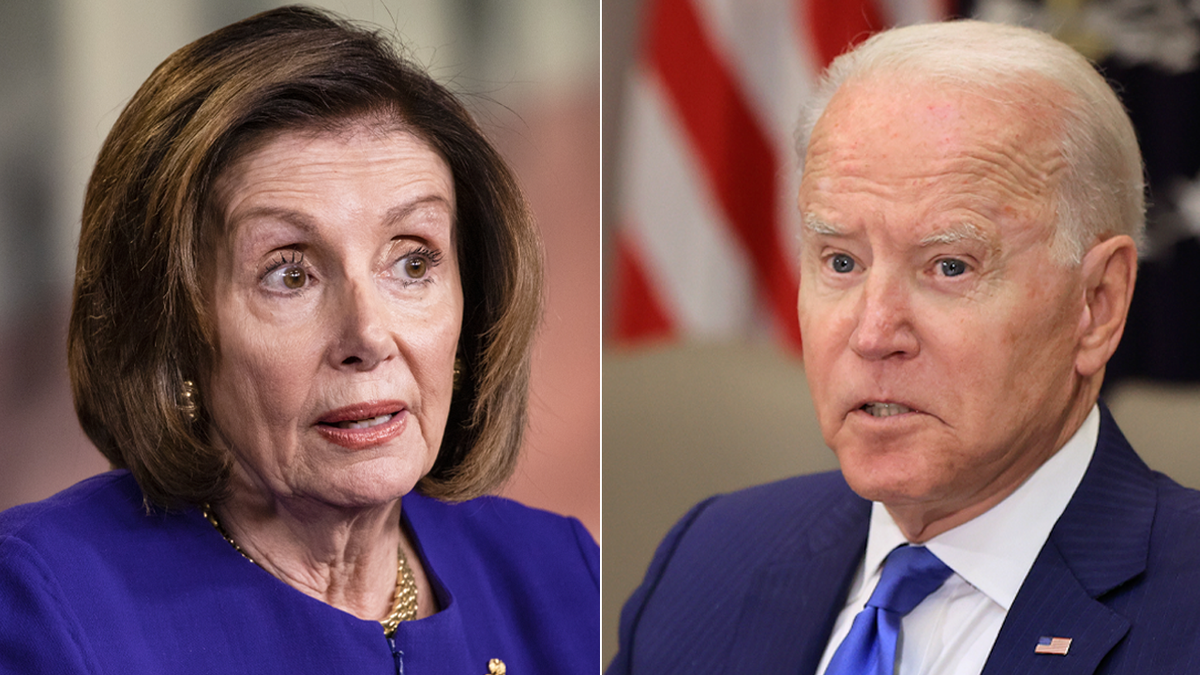
President Biden's FCC and former House Speaker Nancy Pelosi have been instrumental in delaying bid by Korean American entrepreneur Soohyung (Soo) Kim to buy Tegna Broadcasting. (Samuel Corum/Getty Images | Chip Somodevilla/Getty Images)
Over one year ago, Korean American entrepreneur Soohyung (Soo) Kim made an application at the FCC to buy Tegna Broadcasting in a deal worth $8.6 billion. Tegna is America's third-largest broadcast group, with over 64 television stations in 51 markets throughout the United States. Under Soo, Tegna would become the largest minority-owned broadcast station group in the country.
BIDEN'S FCC NOMINEE SUPPORTED BY GROUP THAT CALLED POLICE ‘AGENTS OF WHITE SUPREMACY’
Little did he know that despite the historical legacy of such an undertaking, not everyone would be cheering him on. In fact, Soo gravely underestimated the deep reservoir of bias, enmity and discrimination he would face as an Asian American entrepreneur – that is until the liberal long-knives came out publicly against him.
Up to now, Soo's business career has been the stuff of American Dream novels. Born in South Korea. Immigrating to the United States at the age of 6. Learning English by watching "Sesame Street." Studying hard to gain admission to Princeton. Working his way up on Wall Street to become a successful investor, and ultimately founding his own hedge fund under the unassuming name, Standard General.
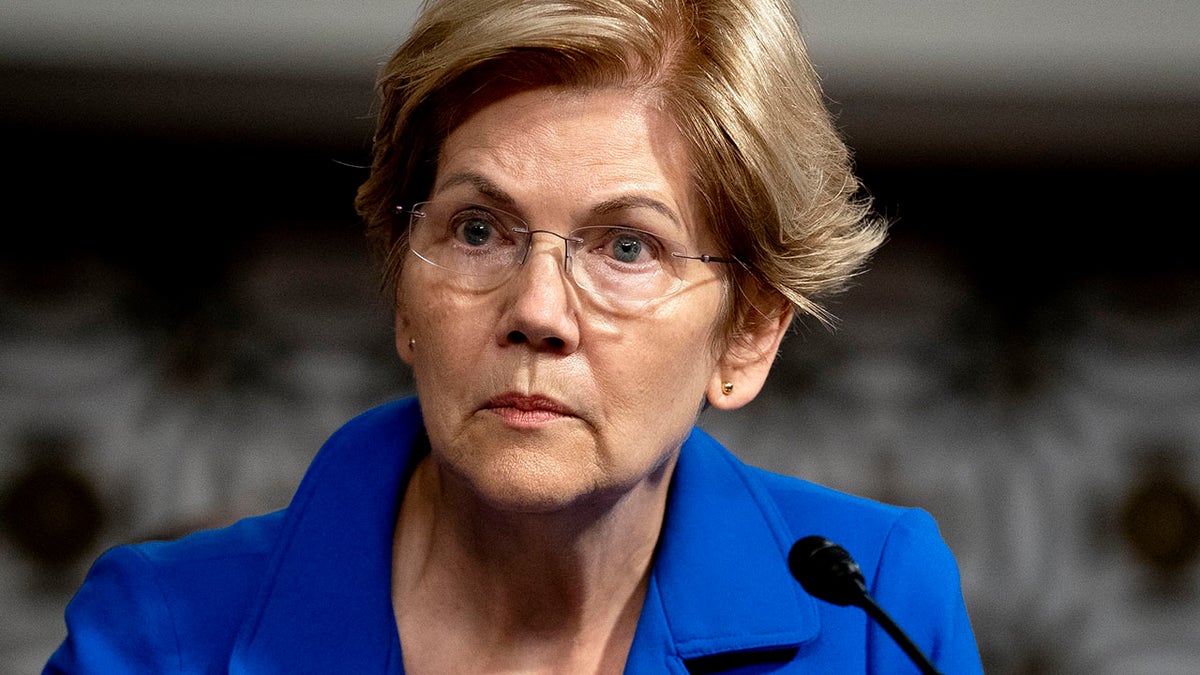
Self-styled "public interest groups," a few representatives of labor unions and lawmakers such as Sen. Elizabeth Warren coalesced to oppose the application. (Stefani Reynolds-Pool/Getty Images)
Today, Soo Kim can claim major investment successes in retail, real estate, gaming and media. Even so, putting together significant debt and equity financing to take the publicly-traded Tegna private is no small feat for any entrepreneur – minority or not.
With a solid plan to improve local news and faith in the fairness of the regulatory process, Mr. Kim believed the merger would be approved by the FCC within the customary 180-day window in which the agency acts.
But not so fast.
While Soo Kim is no stranger to opposition, and has had his fair share of contested deals, the Tegna merger marked the first time the entrepreneur had encountered the federal government's stonewall of silence. From the moment Standard General's plans were announced, a collection of self-styled "public interest groups" and a few representatives of labor unions coalesced to oppose the application.
Together they, along with former Speaker Nancy Pelosi, Rep. Frank Pallone, D-N.J., and Sen. Elizabeth Warren, D-Mass., prevailed upon the FCC to see things their way. According to the Wall Street Journal, Pelosi acted after receiving substantial campaign contributions from a Democratic donor who was interested in derailing the Standard General deal.
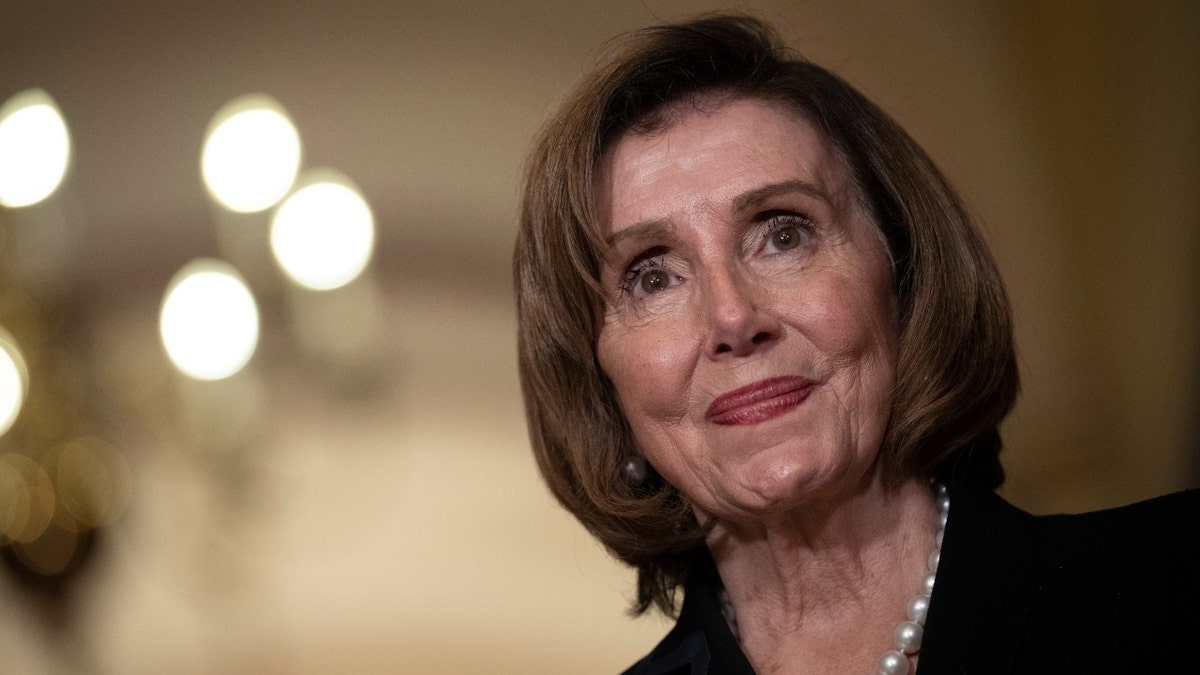
House Speaker Nancy Pelosi talks to the media at the U.S. Capitol, Oct. 25, 2022. (Drew Angerer/Getty Images)
Things have been anything but normal since.
AMERICA'S TIKTOK CHALLENGE IS NOT WHAT YOU THINK
For the better part of a year, the Democratic-led FCC has successfully delayed an up or down decision on Mr. Kim's merger application. It has extended the period of review, made repeated requests for the same set of documents, and even refused to meet with the principals involved in the deal to discuss conditions or concerns.
In what could have been the coup de grace after a year of regulatory run-around, an FCC bureaucrat, acting under delegated authority from the FCC chairwoman, referred the merger to an internal administrative law judge for further review. What makes this last act of merger malfeasance so problematic is that the FCC knew Mr. Kim's financing commitment for the deal had been extended several times, but would come to a hard stop on May 22. Referring the merger application for a hearing normally takes up to a year and in most cases means the kiss of death for any deal.
The commission's patent disdain and disregard for commercial and financial realities in the industry it regulates is appalling.
When Sen. Ted Cruz, R-Texas, the ranking member of the Senate Commerce Committee and Rep. Cathy McMorris Rodgers, R-Wash., the chairman of the House Energy and Commerce Committee, learned of these shenanigans, they raised the red flag. In a joint letter to FCC Chairwoman Jessica Rosenworcel, Cruz and Rodgers wrote the following:
"The Media Bureau’s decision to send the transaction to an ALJ hearing violates Commission rules and precedents in several ways.
"First, to keep the Commission accountable to Congress and the public, a full Commission vote is required for certain matters, particularly those involving novel issues and/or significant legal or policy consequences. Designating a multi-billion-dollar transaction such as the Standard General-TEGNA transaction for an ALJ hearing is precisely the type of serious decision for which commissioners must take responsibility. The last time the FCC referred a major transaction to an ALJ, the decision was made at the Commission level, and the FCC should not have departed from that precedent.
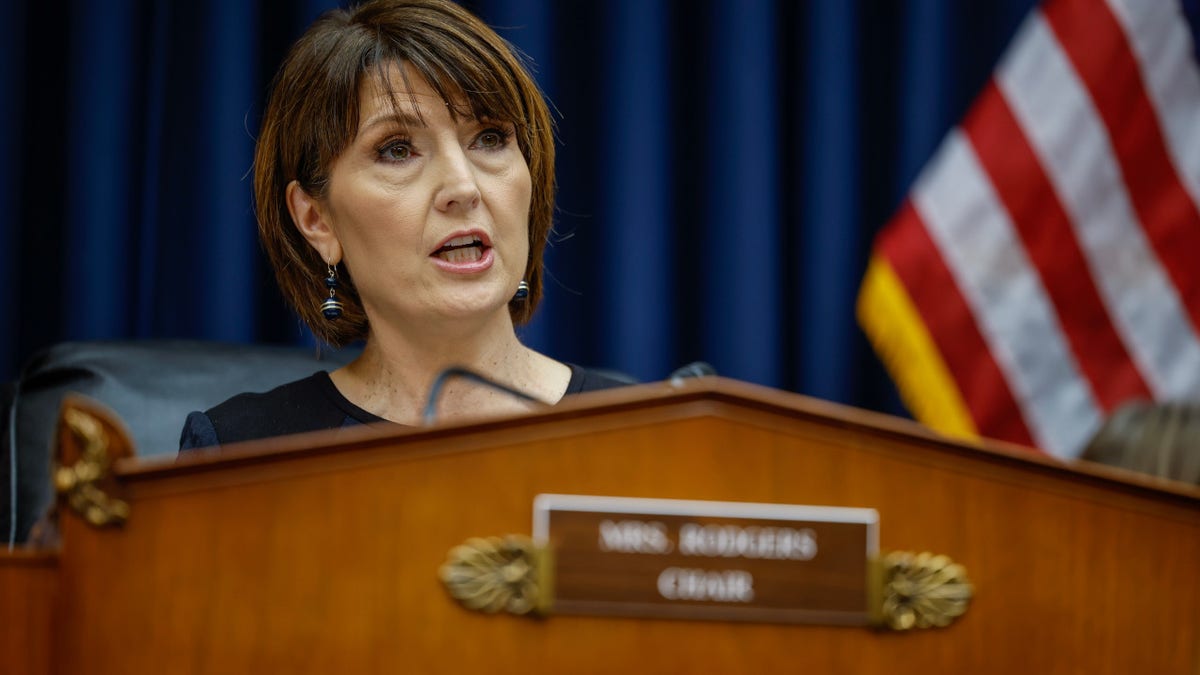
Rep. Cathy McMorris Rodgers speaks during a House Energy and Commerce Committee hearing in the Rayburn House Office Building on Capitol Hill on March 23, 2023. (Chip Somodevilla/Getty Images)
CLICK HERE TO GET THE OPINION NEWSLETTER
"Second, the Media Bureau’s HDO relied on novel interpretations of the Commission’s public interest standard and appeared to ignore – if not contradict – the Commission’s precedent that ‘an increase in retransmission consent rates, by itself’ does not constitute a public interest harm.
"Third, under Commission precedent, the Media Bureau should have provided the full Commission 48 hours’ notice before issuing the HDO on February 24, 2023. It did not."
Cruz and Rogers have not been the only ones to cite the FCC's departure from precedent and procedure. There is a long and impressive list of local legislators, civil rights leaders, acadamic scholars and trade associations that have written in support of the merger, including the American Enterprise Institute and American Consumer Institute.
CLICK HERE TO GET THE FOX NEWS APP
There has been a travesty committed by Democratic leaders in this Standard General-Tegna deal. While they have consistently given lip-service to media ownership diversity, their actions speak louder than words. In a completely private transaction that does not burden taxpayers, involve public funds or harm competition, liberals have shown an amazing amount of hubris and hypocrisy.
When it comes to media ownership and meaningful participation in America's economy it appears the FCC Democrats have built a rampart with the sign: "Minorities need not apply."
